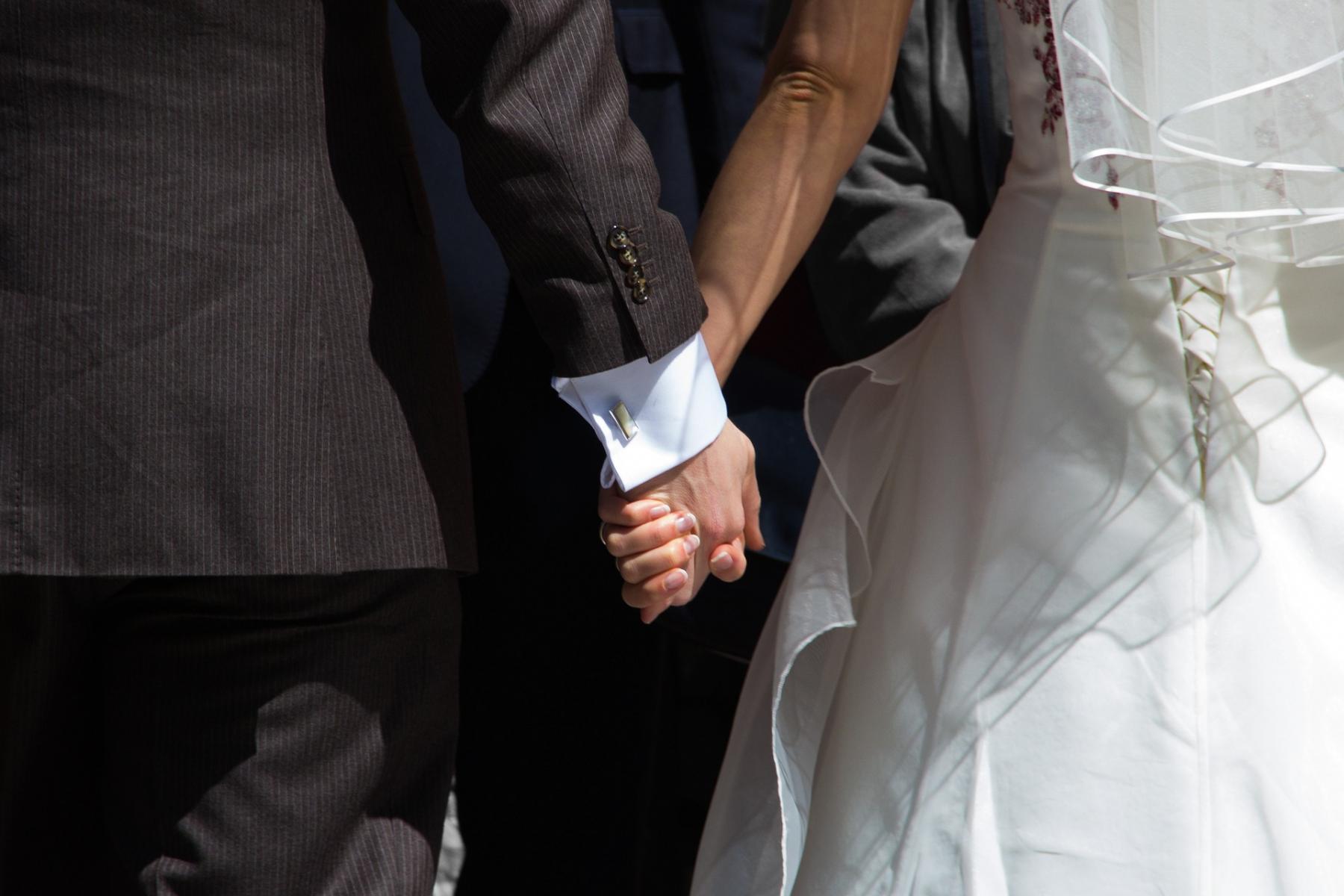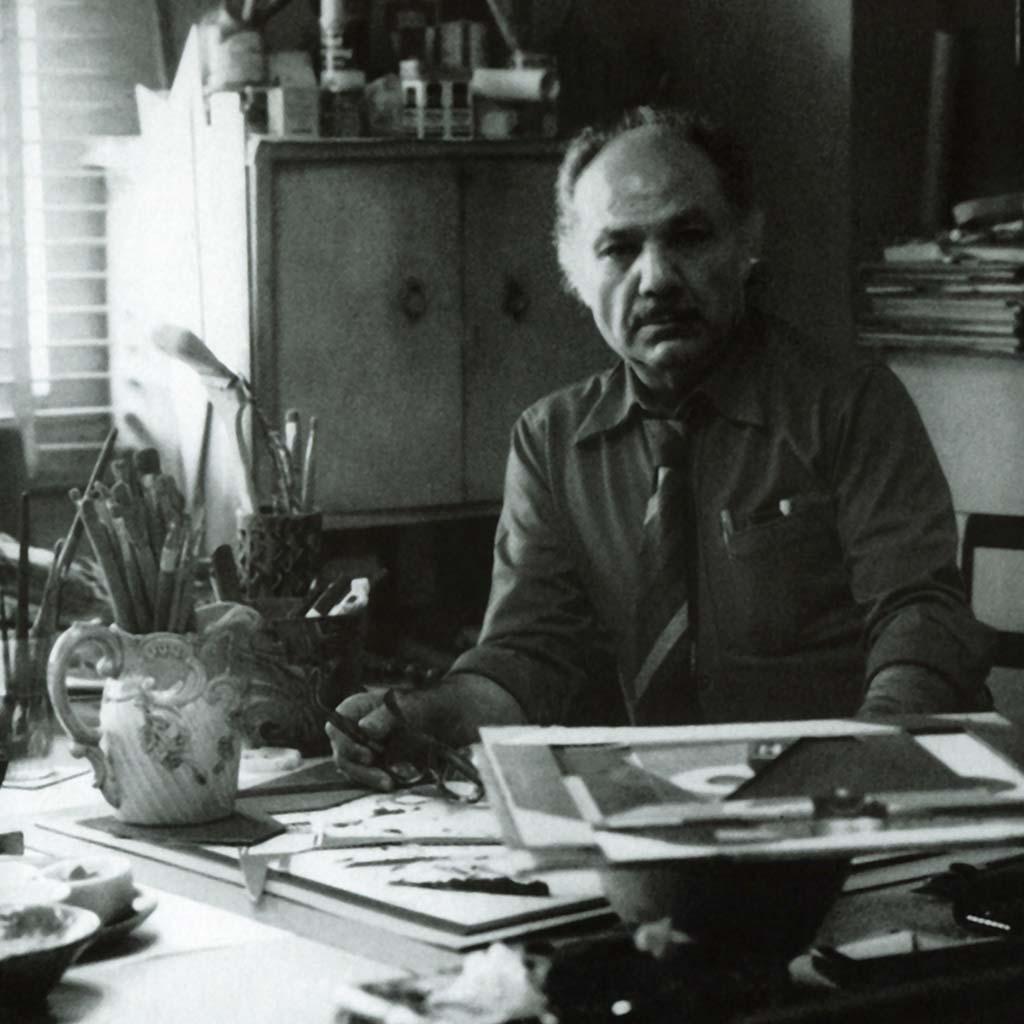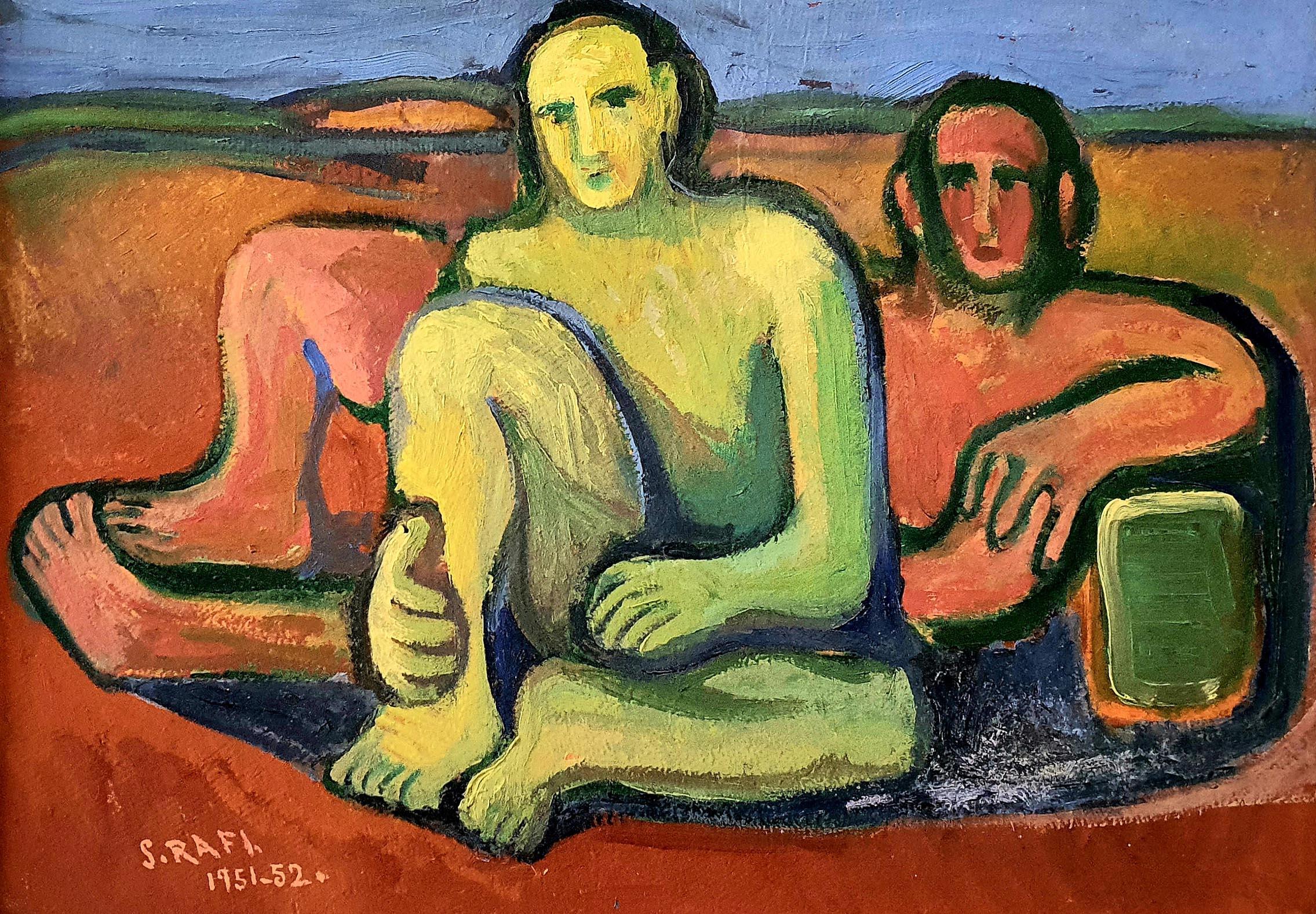
Written by: Farah Hassan
Date: 2023-09-27
Married and divorced couples on embracing their changes and discovering the true essence of partnership

Married and divorced couples on embracing their changes and discovering the true essence of partnership
Love In the Age of Expectations
In an era of relationship advice overload and societal pressures, the sacred bond of marriage finds itself entangled in a storm of demands and obstacles. While love is said to conquer all, the question lingers: Is the institution of marriage truly worth it in today's ever-changing world?
Amidst the whirlwind of opinions, there persists a prevailing belief in popular culture that marriage brings happiness, divorce breeds loneliness, and remaining single is a fundamental failure of belonging. However, the concept of marriage has undergone profound transformations, igniting discussions on its relevance and potential obsolescence in modern society.
The idea that being married makes us happy, getting divorced makes us lonely, and never getting married at all is a basic failing of belonging still pervades in popular society. Marriage as a concept has experienced tremendous transformation, which has sparked discussions regarding its applicability and potential obsolescence in today's society. Traditional conceptions of marriage have changed to encompass a variety of partnerships and legal status, in addition to the lifetime commitment between a man and a woman.
Perils of Perfection
The landscape of love and marriage is undergoing a seismic shift, as evidenced by soaring divorce rates and the pursuit of truly fulfilling partnerships. Startling figures from a report by the Central Agency for Public Mobilization and Statistics (CAPMAS) reveal that in 2022, Egypt witnessed a staggering 1.8 new marriages every minute, accompanied by one divorce every two minutes. This marks a substantial 5.6 percent increase in marriages and a corresponding 5.9 percent rise in divorces compared to the previous year.
Governmental data shed light on a concerning reality: 25 out of every 100 new marriages ultimately end in divorce, with the highest rates found among individuals aged 20 to 30. These statistics reflect a profound shift in societal attitudes towards relationships and the rise of individualism, which has significantly influenced perceptions of marriage.
“I married my college sweetheart, I got married without even thinking what it truly meant, at the time it was what you were supposed to do when you’re in love. And falling in love with someone feels like flying for a little while until you’re not. What affected my marriage was the long time we spent apart because of the nature of both of our jobs and it eventually got to a point where we became two strangers living in the same house.”
- 32-year-old divorced female on 6 years of marriage
In today's world, personal fulfillment, career aspirations, and individual autonomy often take precedence. Sometimes, this creates a clash with traditional expectations and the accompanying responsibilities that come with marriage. As Egypt navigates these changing dynamics, it is crucial to delve deeper into the factors driving this transformation and explore new paradigms for achieving harmonious and successful partnerships in the modern era.
“Looking back, I was constantly frustrated and would often take it out on my partner and blame them for a lot of the things that happened and play the victim. I felt stifled in the relationship and we were so attached to the way we lived before our marriage that I feel like we weren’t able to find a common ground.”
- 35-year-old divorced male on 8 years of marriage

In the wake of evolving societal norms, the economic necessity that once underpinned marriage has diminished. Both partners now frequently pursue careers and enjoy financial independence, reshaping the traditional dynamics of matrimony. Additionally, the roles within marriages have experienced significant transformations, with a greater emphasis on equality and shared responsibilities.
While it is true that marriage has lost some of its popularity compared to previous generations, proponents argue that it remains a stabilizing force within relationships. They assert that regardless of divorce statistics, marriage continues to be viewed as an essential step toward a successful life. The very commitment inherent in marriage serves as a binding factor, helping couples navigate challenges and remain together even in circumstances where they might have otherwise separated.
“It may sound cliché, but never go to bed mad at each other; end a fight then and never let anything carry over into the next day. It is only natural that couples fight but it is about how well you move on and process things that matters.”
- 34-year-old male, 10 years of marriage.
The Evolution of Matrimony
Marriage is a union of two souls, yet the meaning of successful marriage differs from couple to couple. There is no clear definition of a successful marriage.
“If being married has taught me anything, it is that you have to listen to what is important to your spouse, communication and honesty are keys for a successful marriage and if you disagree, always try to compromise.”
- 65-year-old female, 38 years of marriage.
In the past, older generations thrived within a structured model of relationships, where communal structures provided a clear sense of identity, expectations, and behavioral norms. This framework fostered certainty and a deep sense of belonging. However, in our present era, we have embraced radical individualism and aspirational materialism, leading to a transformative landscape where relationships are experiencing rapid shifts.
The once-defined rules have been replaced by a myriad of choices, resulting in a climate characterized by significant uncertainty and self-doubt. One could argue that what was formerly governed by rules, duty, and obligation now necessitates ongoing conversations and mutual understanding.
“Nobody stays the same during their years of marriage, as no one should. And it is natural to feel that as if you are with another person than the one you married many years ago. The foundation of core values, ethics, and morals can transform growth into a source of marital joy. When we keep different interests and relationships, we allow our personal growth to improve our individual lives as well as the shared journey of matrimony.”
- 58-year-old female, 27 years of marriage.

The Modern Love Paradox
Love, with its intoxicating allure of everlasting passion and unwavering commitment, can also exert immense pressure on couples. From the relentless pursuit of perfection to the haunting fear of missing out, these mounting pressures have the power to strain relationships, creating a breeding ground for disillusionment and dissatisfaction.
The intricate fabric of human emotions and experiences is interwoven with the threads of marriage, love, and divorce. While the demands of modern life may feel overpowering, grasping the essential components of a prosperous union empowers couples to navigate the turbulent seas. Through fostering open channels of communication, embracing adaptability, and acknowledging the significance of personal growth, couples can forge unwavering connections that withstand the trials of time.
As our society continues to evolve, it becomes vital to recognize the ever-shifting dynamics of relationships and approach love and matrimony with empathy, compassion, and an unwavering commitment to shared joy.
Love exists in a realm where a universal formula cannot be applied; it defies a one-size-fits-all approach. Recognizing the uniqueness of each relationship, we understand that the path to fulfillment may vary for every couple.





